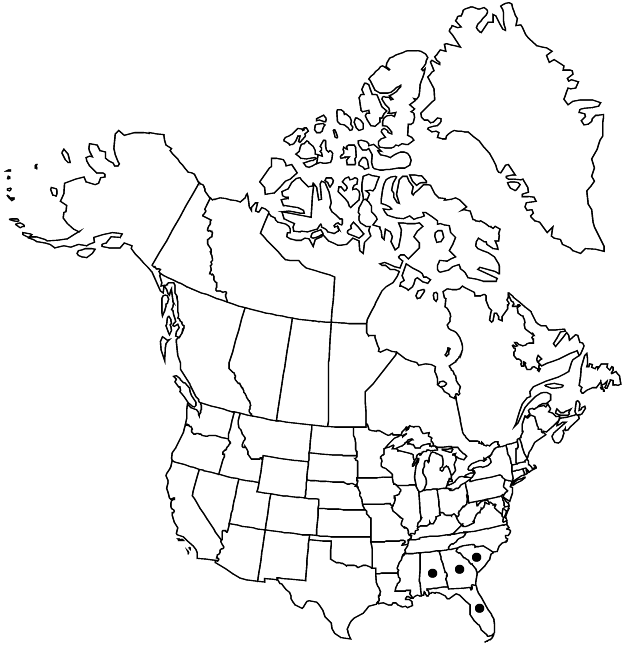Eriogonum tomentosum
Fl. Bor.-Amer. 1: 246, plate 24. 1803.
Herbs, 5–12 × 2–5 dm, white- to rufous-tomentose. Aerial flowering stems erect, 1.5–7 dm, rounded and smooth. Leaves: petiole 2–7 cm; blade oblong to elliptic or spatulate, 4–15 × 1.5–4 cm, densely tomentose abaxially, subglabrous or glabrous adaxially. Inflorescences (3–)5–30 × 3–20 cm; bracts 3–5, leaflike, ovate to elliptic, 1–6 × 0.5–2.5 cm proximally, semileaflike, usually elliptic, 4–30 × 1–20 mm distally. Peduncles absent. Involucres turbinate-campanulate to campanulate, 3–4.5(–5) × 3–5 mm; teeth 0.1–0.5 mm. Flowers 8–13 mm, including 2.5–3.5(–4) mm stipelike base; perianth cream to light tan, densely tannish- to rusty-lanate abaxially; tepals dimorphic, those of outer whorl broadly lanceolate, 3–5 × 1.7–2.2 mm, those of inner whorl obovate to nearly orbiculate, 3–6 × 3–4 mm; stamens 3.5–5 mm; filaments pilose. Achenes brown, 4.5–5 mm, glabrous.
Phenology: Flowering May–Oct.
Habitat: Sandy soil, mixed grassland communities, pine and oak woodlands
Elevation: 0-100(-200) m
Distribution

Ala., Fla., Ga., S.C.
Discussion
Eriogonum tomentosum is widespread in a series of somewhat disjunct populations mainly on the coastal plain. It supposedly is found in North Carolina, but no specimens have been seen. An unnumbered J. K. Small collection from Miami, Florida (Nov. 1904, NY), surely is mislabeled. A Cuthbert collection (30 Jul. 1876, MICH) from Augusta may be from a garden, as that location is well out of the known range of the species. Mark Catesby made the first collections (BM-Sloane, OXF) of the species in the 1720s. T. Walter (1788) ascribed his specimen (BM-Walter) to a European species of Saxifragaceae.
Selected References
None.